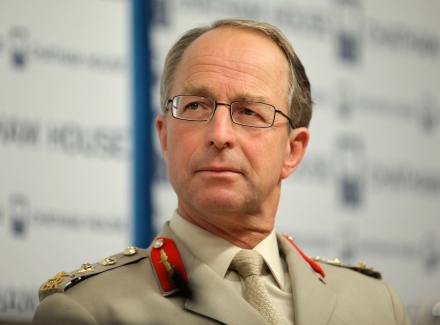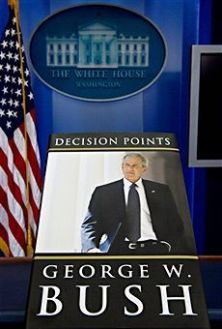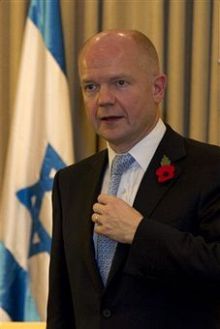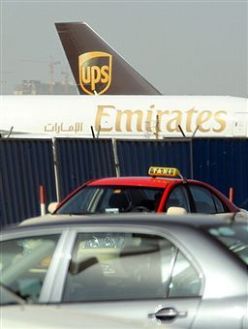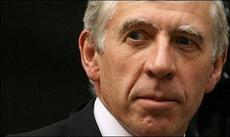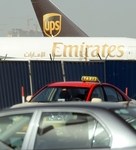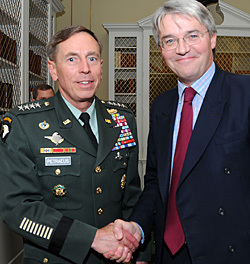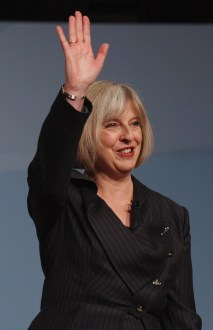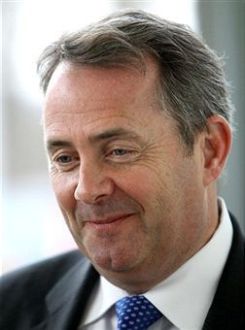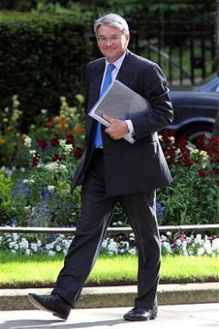Richards: we’re in it for the long haul
General Sir David Richards does like thinking in decades, doesn’t he? A year or so ago, he was warning us that “the whole process [in Afghanistan] might take as long as 30 to 40 years.” Today, in interview with the Sunday Telegraph, he says that the wider battle against al-Qaeda could last around 30 years. In both cases, he deserves our attention. To hear the head of our military suggest that the West’s current conflicts will stretch across generations is sobering, to say the least. More noteworthy, though, is Richards’ claim that a “clear cut victory” over Islamist terror is “unnecessary and would never be achieved” – but that we
